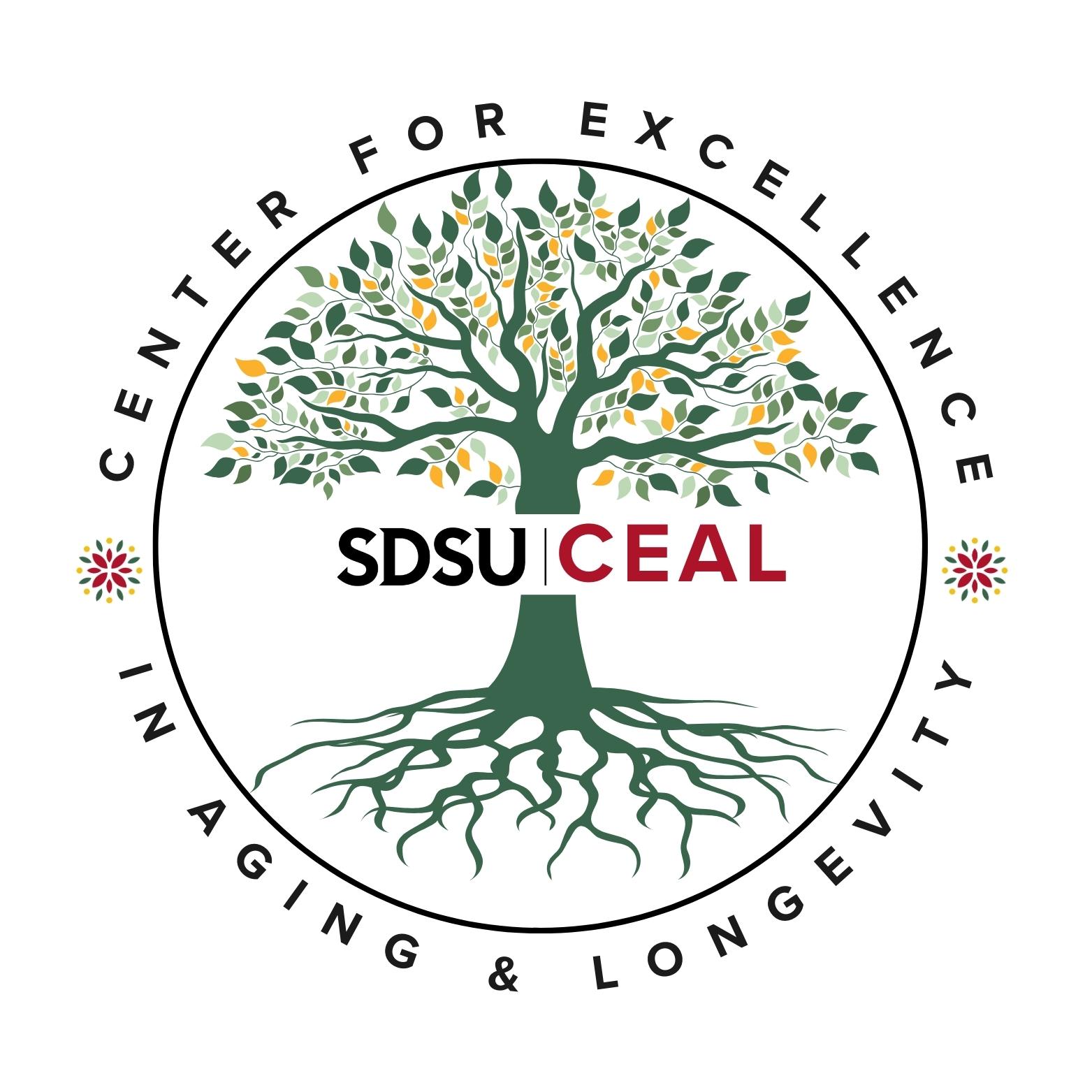By Jocelyn Smith, Graduate Assistant, SDSU Social Policy Institute
On the top shelf of my closet, there is a colorful box jam-packed with journals, chronicling the ups and downs of my life from my teens to my early 30s. Every ill-fated romance, academic pursuit, career shift, and “AH HA!” moment scrawled in sloppy cursive with more exclamation points that I’m comfortable disclosing. Pictures, love notes, and pressed flowers poke out of the edges, adding a bit of charm and making the journals almost impossible to close.
While packing boxes during my most recent move, in a valiant effort to procrastinate, I cracked into some of these dusty journals. The experience was an emotional whirlwind. Moments of extreme pride—I have come a long way in 20 years! —juxtaposed with true facepalm moments—if I only knew then what I know now.
To say the least, there have been many lessons cataloged in these journals that serve as poignant reminders about the importance of lifelong learning.
What is lifelong learning?
While there is not a standardized definition for lifelong learning, it is generally recognized as the voluntary, ongoing pursuit of knowledge and skills that promote personal development and fulfillment.
Many times, when we consider learning, we are quick to associate things like classroom, textbooks, teachers, and the very dreaded: TUITION!The exciting thing about lifelong learning is that it can take many forms, including formal and informal learning settings.

And furthermore, since it is driven by your own personal interests, lifelong learning can start at any time, go at any pace, and encompass any knowledge, skill, or topic you like.
Examples of lifelong learning journeys

Old dogs do not learn new tricks
Our natural curiosity and joy of learning doesn’t dissipate as we age.
A 2022 AARP report indicated that 55% of individuals over the age of 45 actively engaged in some type of lifelong learning activity in the past year. And, lifelong learning may have crucial health benefits for these individuals, including improved mental well-being, decreased risk for dementia and age-related memory loss, Increased self-esteem and life purpose, and access to more social connections.
Ready to fill the pages of your journals with your own lifelong learning journey?
CEAL offers a variety of resources for engaging in lifelong learning in your own way and at a pace works for you! Check out some of our offerings:
- CEAL Healthy Longevity Webinar Series: explore the latest research, expert insights, and practical tips for promoting longevity and well-being. Each topic is designed to delve into innovative strategies to enhance healthy longevity.
- Osher @ SDSU is a lifelong learning institute designed for adult learners aged 50 and older who want to fuel their passion for learning, develop new interests, and share a forum for friendship and socialization.
- CSU Over 60 Fee Waiver Program is for degree-seeking California residents over the age of 60.

